Video games seem to be getting longer with every year. This makes sense, of course. With prices going up all the time, you want to be sure a game is going to last you a long time—long enough for you to feel like the price was worth it, at least.
But there seems to be a growing mentality among gamers that views shorter games as inferior to longer games. I would argue the opposite: with the occasional exception, shorter games are often better and more rewarding than longer games.
Here are some of my reasons as to why we shouldn't write off short games—and why I prefer them.
1. You Can Actually Finish Them
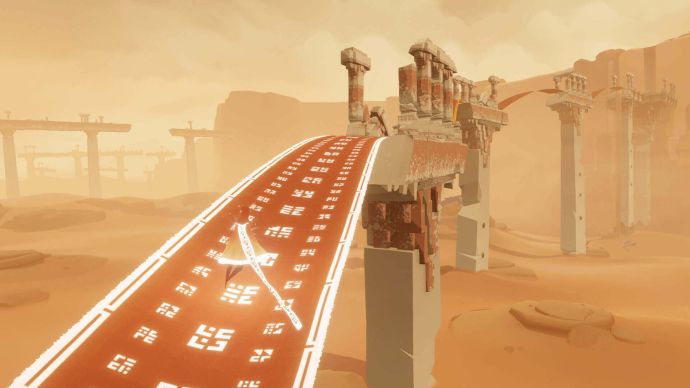
This may just be me, but I can't count how many 50-hour open-world adventure/RPG games I've started... and never finished.
Sometimes I stop because of issues with the game, but mostly it's just because I don't have enough time or interest to commit all the way through.
Not all games need to be completed all the way through, but story-driven games with heavy narratives do. And this is one area where shorter games shine. Gone Home, for example, tells a complete-enough story in an hour or two, and then it's gone.
I don't expect every game to be so economical with its storyline; many tales do need several hours to tell the story they want to tell.
The problem is that main stories in a lot of today's games are padded out with filler along the way, and it's refreshing when a short game is brave enough to cut out the unnecessary bits.
2. Shorter Games Have Less Filler Content
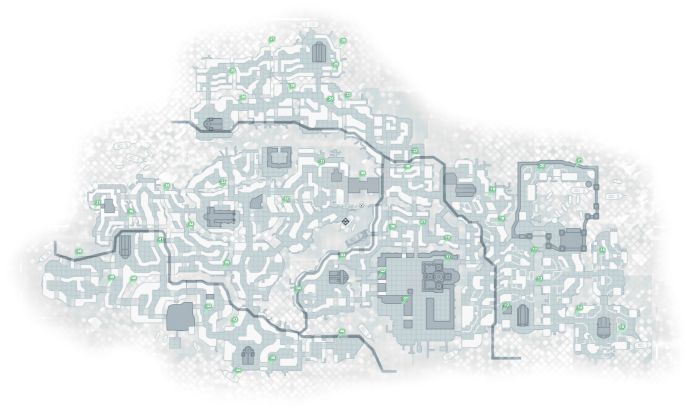
If you've played a lot of games, you've almost certainly reached a point in a game where you can tell they're just trying to put off the ending. This is common in RPGs, but it's not limited to them.
For example, near the end of Uncharted 4: A Thief's End, the game really started to drag.
With shorter games, you generally don't run into this level of filler. If you do, you get to it within an hour or two and it means the game isn't worth continuing with. To be heavily invested in a game for so many hours only for it to stretch out the ending is never fun.
3. More Time to Play Other Games
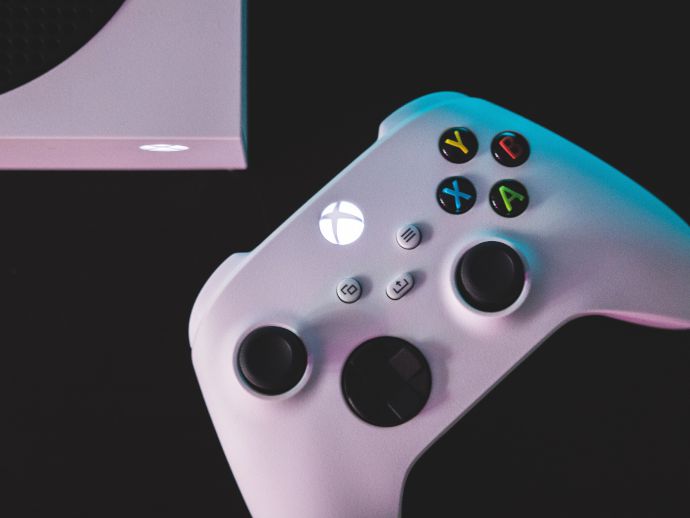
To tie into my first point about falling off of games before the end, this is because I'm someone who likes to see what's new in the world of games. This means there simply isn't time for me to tackle multiple 100-hour games per year.
Throw a few shorter games in among the longer ones and that all changes. They can be a refreshing change of pace, especially when you don't have enough time or interest to finish that long game you're halfway through.
4. Less Time to Notice Flaws
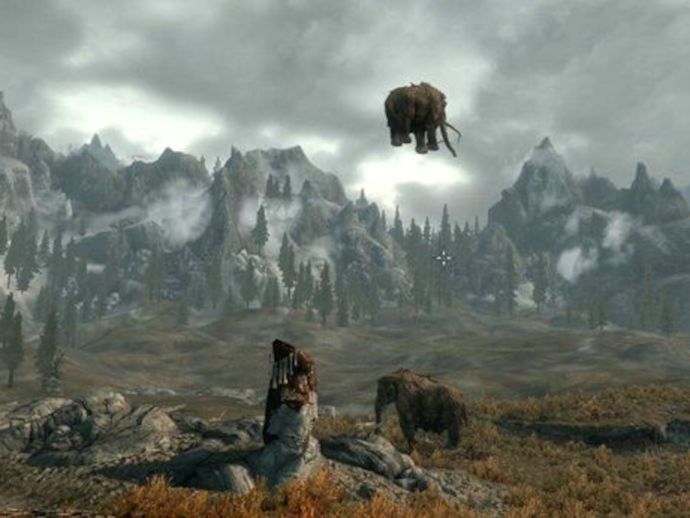
Okay, this may be a bad example, but unlike many people, I enjoyed The Order: 1887. Was it the best game I've ever played? Not by a long shot. Did I have a pretty good time with it? Yes!
By the time I started remembering some of the issues with the game, I was long over it. If it had been a longer game, I would have noticed these issues before I was finished with the game, and it would have put me off from finishing it.
5. Shorter Games Are Usually Cheaper
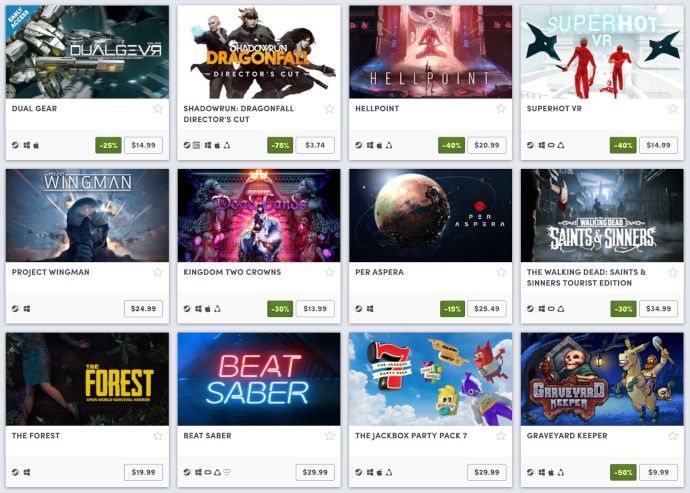
Nobody likes paying $60 or $70 for a game only to see credits a mere few hours later. Fortunately, this doesn't happen nearly as much as it used to.
Nowadays, if a game is less than 8 to 10 hours long, it's only going to cost around $20. Maybe $30 if there's a lot of hype behind it. This means you can explore more games with the same budget!
Long Games Have Their Place
We've spent some time looking at why short games can be great, but let's make sure long games get their due.
After all, some games are so good that you just want to stay in that world for as long as you can:


